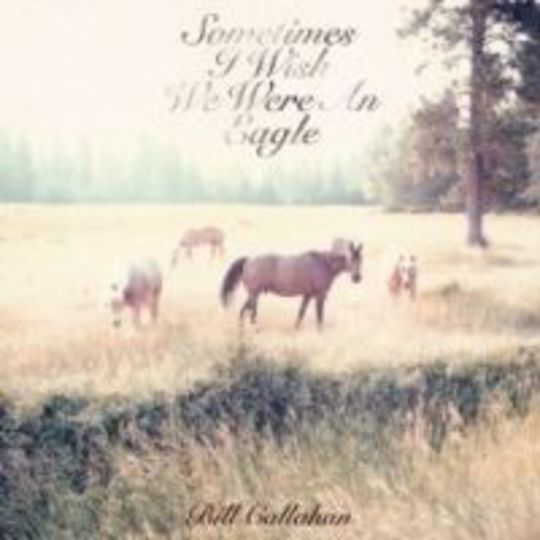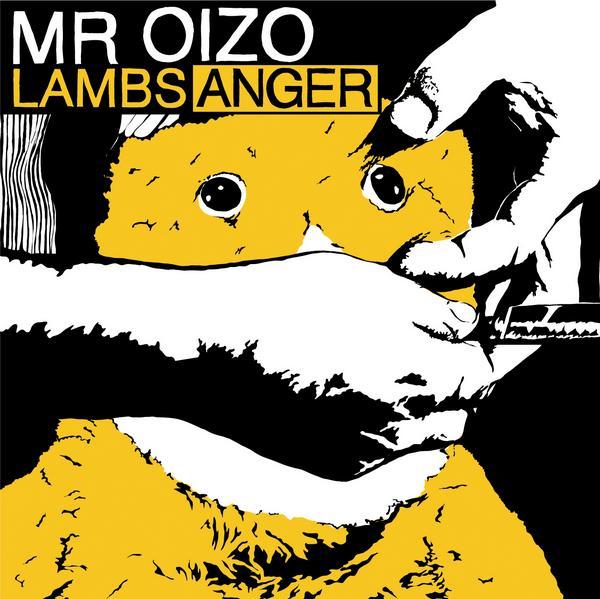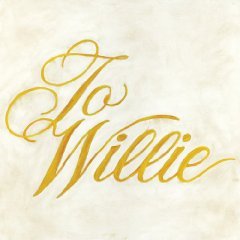There are certain holy cows of American Indie that can be guaranteed to get, at worst, good reviews for their records. Will Oldham is one (with exceptions), the Silver Jews were, until their recent disbandment, another. You can probably add Bill Callahan to that list as well. In his former incarnation as Smog, and his recent rebirth as just plain ol’ Bill, he released a unbroken string of beautiful albums, from the sombre confidence of Knock Knock, to Supper’s hope-filled folk, to A River Ain’t Too Much Too Love’s downright profundity. His records have, no matter their disparate content or themes, been held together by that inimitable voice; part Johnny Cash baritone swagger, part Lou Reed halting witticism, frail and confident at once.
2007’s Woke On A Whaleheart was his first record without the Smog moniker; perhaps dropping the name allowed Callahan to break free from the preconception of what a Callahan/Smog album should sound like. …Whaleheart, with it’s gospel-tinged vocals and bold instrumentation certainly sounded different to anything Callahan had previously released. To that extent Sometimes I Wish We Were An Eagle seems like a return to older pastures – Callahan’s vocals again dominate, the production is more intimate, the songs themselves are again driven forward by the self-same rhythmic percussion and simple guitar riffs that became Callahan’s signature style over the last decade.
Opener ‘John Cain’ is classic Callahan; beginning with sweeping, delicate acoustic guitar, followed in step by Callahan’s extraordinary vocals. “I started out in search of ordinary things / How much of a tree bends in the wind”, he croons - no other songwriter in the world can imbue such simple sentiments with so much meaning. Yet, though the similarities to ‘A River…’ and ‘Supper’ seem apparent already, there’s an undercurrent of uncertainty and confusion here absent from those records. Whereas on ‘Supper’ Callahan was at pains to assure the characters in his songs as to the simplicity of apparently complex issues (“I love you and that’s all you need to know” he asserts on ‘Truth Serum’), while on ‘A River…’ he displayed an admirable certainty of conviction (“God is a word / And the argument ends there”, from ‘I Feel Like The Mother Of The World’), here things are more vague. Though the instrumentation seems the same, there’s a greater sense of unease; as Callahan himself puts it, “it seemed like a routine case at first…things didn’t plan out as planned”.
Indeed, if what made ‘A River…’ so startling was its unity of purpose and theme, here ‘Sometimes…’ is instead marked by disunity. If before Callahan seemed at one with the world around him, here he seems disjointed, reality and fantasy blurring into one. ‘Eid Ma Clack Show’ grapples with dreams and memory in the context of a failed relationship, Callahan telling us how he fell asleep and “dreamed the perfect song / it held all the answers”. He wakes and “scribbled it down”, and, in the morning, tries to decipher the words. “It was hard to read at first”, he explains, “but here’s what it said: ‘eid ma clack show…’”. Callahan’s dream has, we learn, revealed nothing, the ‘perfect song’ is nonsense, and, at the end of the track, he’s left intoning the same desperate plea: “show me the way to shake a memory”.
Similarly, ‘The Wind And The Doves’ starts with a strange Egyptian refrain, before reverting to more melodious type. Still, it ends with the same refrain, and the effect is unsettling. There are moments of great beauty here, none more so than ‘Rococo Zephyr’, a gentle string section accompanying Callahan as he tells us how, “She lay beside me like a branch from a tender willow tree / I was as still as a river could be”. Nevertheless, there is an odd aura to this record. In parts it feels like a Smog album, even sounds like one at times; yet it’s too off-kilter to be taken as a piece with those records. Scratch beneath the surface and his world-view here is shaky and undetermined. The final track is called ‘Faith/Void’, and you feel he’s balancing on the edge of that divide. On it Callahan repeats over and over that “it’s time to put God away”, yet you sense that, for the first time in a long time, it’s a mantra more for his own benefit than for ours.
-
7Sam Lewis's Score






















